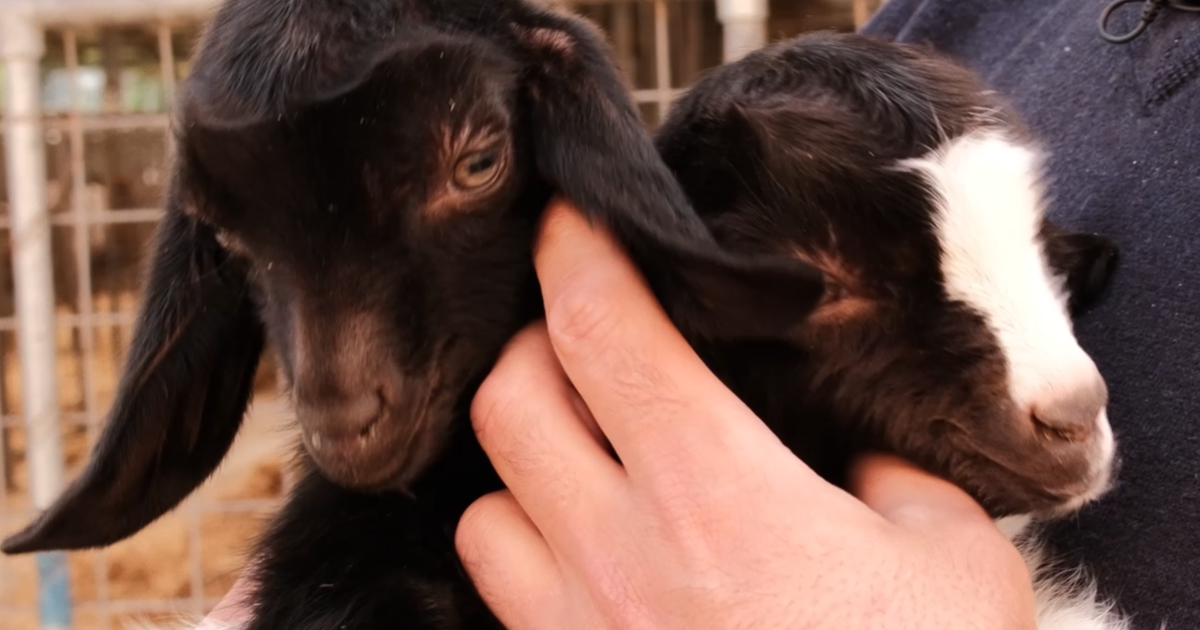By Sponsored
An animal farm manager plays a critical role in the smooth operation of the farm, overseeing a wide range of tasks to ensure the well-being of animals. The responsibilities of an animal farm manager are extensive and require a unique set of skills, from animal husbandry to staff coordination and maintenance of facilities. Animal health and welfare is a priority. Ensuring that animals are well cared for requires daily health checks, where the manager assesses the physical condition of the animals. The manager is responsible for ensuring that animals have access to feed and clean, unrestricted water at all times. Regular monitoring of the livestock’s body condition is crucial, as weight fluctuations can be indicative of underlying health issues. Any obvious signs of illnesses or injuries are also observed during these daily checks. If an animal appears sick, it is isolated in a designated separate pen to prevent the spread of disease to the rest of the herd. Breeding is another key responsibility of the farm manager, who must carefully select animals for breeding based on their genetic traits and their suitability to the farm’s specific goals. For instance, if the farm is aiming to maintain or improve a breed like the Maltese breed, the manager selects animals that are closest to the desired breed characteristics. As animals approach their birth dates, extra care is taken to monitor their condition and ensure they are in good health for delivery. Should the animal require assistance during the birthing process, the manager must provide this, and after the birth, special attention is given to the newborns where it is ensured that they are receiving enough milk and that their navels are kept clean and not becoming infected. Record-keeping is another vital responsibility of the farm manager, as they maintain records on each animal, including their birth dates, health history, any treatments administered and deaths. These records help track the progress of the animals and keep the farm in compliance with any regulatory requirements. Births and deaths are also reported to the Veterinary Regulation Directorate to be updated within the National Livestock Database. Regular procedures such as deworming, vaccinations, and hoof trimming are part of routine maintenance, and it is the manager’s job to ensure that these tasks are carried out on schedule and are accurately documented. Managing the farm’s inventory is another key task for the farm manager. This includes overseeing the stock of feed, medicine, and other supplies necessary for the operation of the farm. The manager must ensure that the farm never runs low on vital supplies such as animal feed, vaccines, and medications. Regular stock checks and inventory management are essential to prevent shortages, and the manager must be proactive in ordering more supplies as needed. In addition, the farm manager is responsible for making sure that the animals’ living conditions are optimal. Animal housing must be kept clean, dry, and secure to provide a safe environment for the livestock. Proper ventilation, bedding, and sanitation procedures are part of maintaining a healthy environment and reducing the risk of disease. Labor management is another significant part of the farm manager鈥檚 role. As the leader of the farm workforce, the manager must delegate tasks to farm workers, making sure each person is assigned the correct responsibilities based on their skills and experience. In addition, the farm manager is also responsible for training workers on proper animal care techniques. The farm manager needs to be a strong leader, able to motivate workers and address any concerns or issues that arise. Waste management and biosecurity measures are essential for maintaining a clean and disease-free environment on the farm. Proper disposal of manure and soiled bedding is necessary not only for animal health but also to minimize environmental impact. The farm manager must oversee the transportation of fallen animals to a civic amenity site (Wasteserv) for proper disposal. Biosecurity measures are critical in preventing the spread of diseases between animals. This includes using disinfection pits for vehicles entering and leaving the farm and requiring workers to use footbaths to minimize contamination. The farm manager also ensures that equipment is regularly cleaned. Furthermore, pest control is another crucial task, particularly in feed storage areas and animal housing, where pests can damage supplies and pose health risks to the livestock. Lastly, the farm manager is responsible for maintaining all equipment and vehicles used on the farm. This includes ensuring that machinery is regularly serviced and kept in good working condition. In conclusion, the role of an animal farm manager is diverse and challenging, requiring a combination of technical expertise, organizational skills, and leadership ability. From managing livestock health and breeding to overseeing waste management tasks, the farm manager is responsible for the overall success of the farm.
